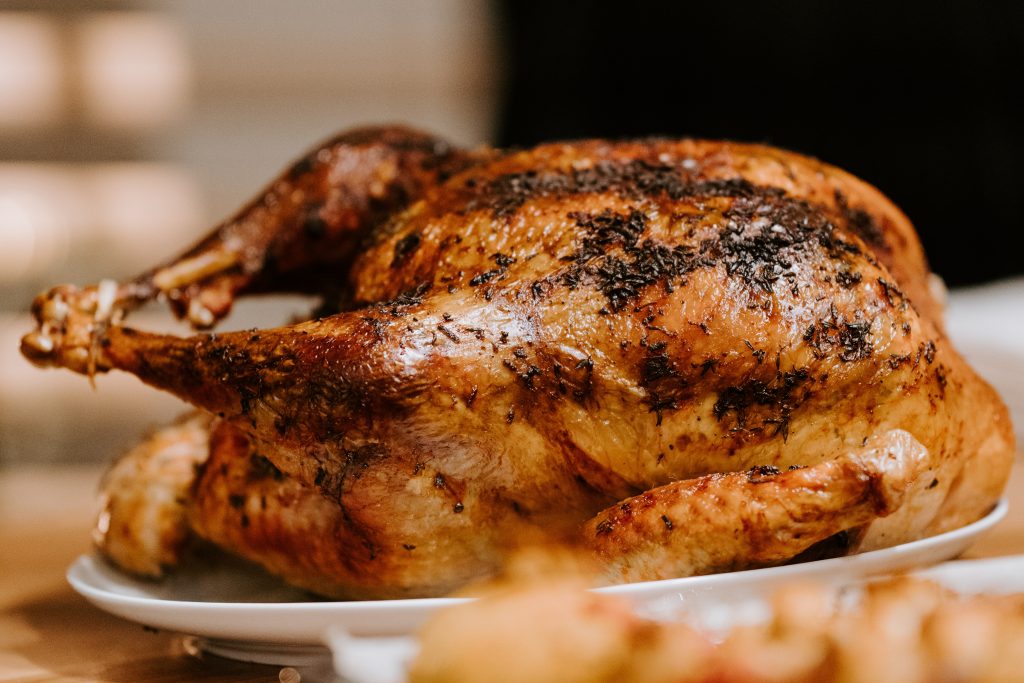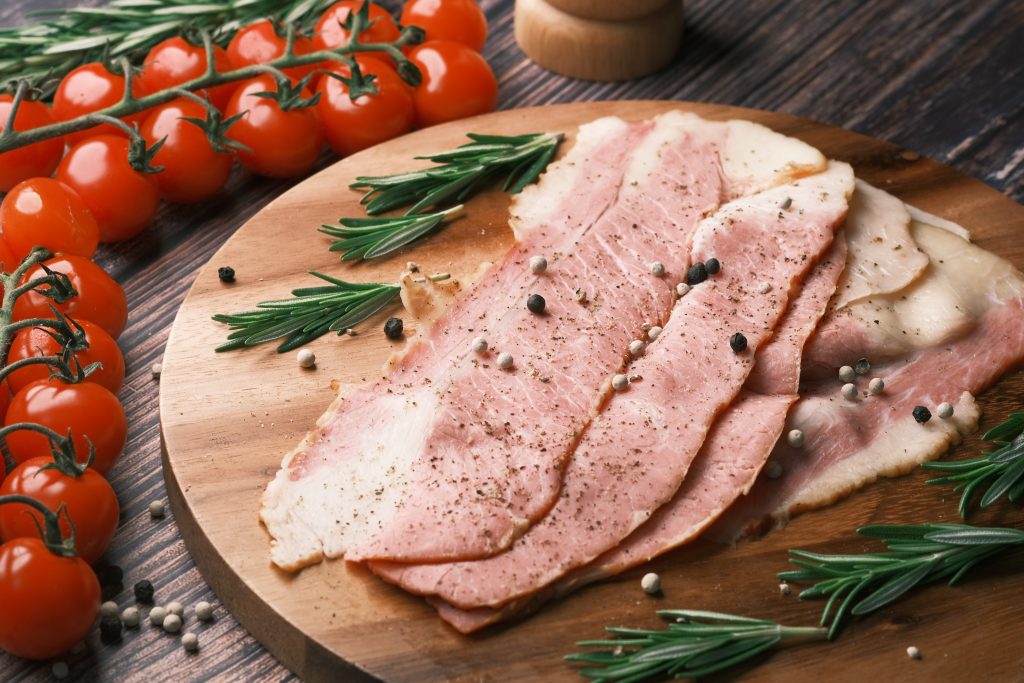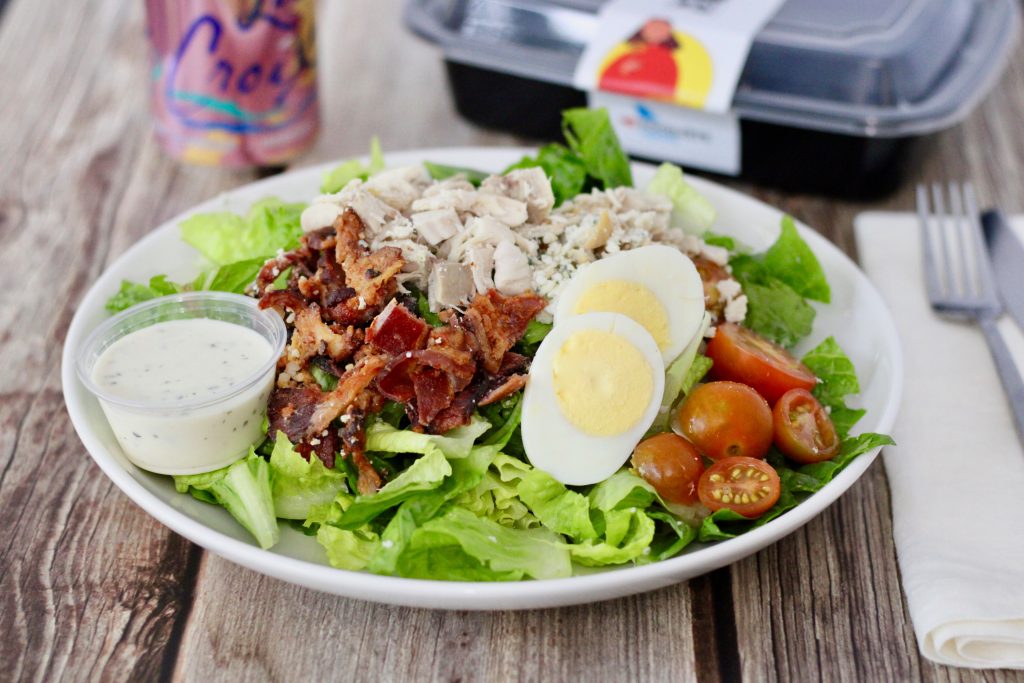Introduction
In the realm of nutritional priorities, protein takes center stage. The building block of muscles, tissues, and enzymes, protein’s significance transcends fitness enthusiasts and extends to everyone seeking a well-rounded diet. Among the treasure trove of protein options, “lean” stands as a golden attribute. In this article, we embark on a journey through a spectrum of lean protein sources—ranging from traditional favorites like chicken and turkey to plant-powered gems like tofu. Get ready to explore these nutritional powerhouses and uncover their role in fueling a healthy, balanced lifestyle.
Understanding Lean Protein
As our bodies orchestrate a symphony of physiological processes, protein commands a starring role. It’s not just about muscle growth; protein supports cellular repair, immune function, hormone production, and more. When we talk about “lean” protein, we refer to sources that provide ample protein content while keeping fat content in check. The beauty of lean protein lies in its ability to nourish without burdening.
Chicken: A Poultry Powerhouse
Picture a quintessential source of lean protein, and chicken likely springs to mind. This poultry powerhouse boasts a protein-rich profile with minimal fat. Whether you opt for skinless chicken breast or tender thighs, you’re indulging in a nutrient-dense protein source that pairs well with various flavors and cooking methods. It’s a canvas waiting to be transformed into a wholesome culinary masterpiece.
Turkey: A Lean Delight
If variety is the spice of life, turkey adds a savory twist to your protein choices. Lean and flavorful, turkey meat is celebrated for its versatility. From ground turkey in chili to roasted turkey breast on sandwiches, it’s a lean delight that complements an array of dishes. Its nutritional prowess aligns with its culinary charm, making it a staple in health-conscious kitchens.
Fish: The Sea’s Nutritional Bounty
Dive into the sea’s bounty, and you’ll encounter fish—a protein source teeming with health benefits. Beyond protein, fish is a wellspring of omega-3 fatty acids, the nutritional superheroes linked to heart health, brain function, and inflammation management. From salmon to sardines, incorporating fish into your diet equates to a nutritional win that’s also a palate pleaser.
Tofu: Plant-Based Protein Champion
For those embracing a plant-powered journey, tofu stands as a formidable protein champion. Crafted from soybeans, tofu offers a
blank canvas for culinary creativity. From stir-fries to smoothies, its adaptability knows no bounds. Tofu’s protein content partners with its versatility to deliver a nourishing alternative that caters to various dietary preferences.
Eggs: A Complete Protein Package
Crack open the realm of complete protein, and eggs emerge as a leading contender. They come with a complete amino acid profile—a testament to their nutritional completeness. Eggs are affordable, accessible, and rich in nutrients beyond protein. From omelets to baked goods, eggs shine as a culinary staple that bolsters health.
Lean Cuts of Meat: Reducing Fat Intake
Navigating the world of meat doesn’t mean shunning it entirely. Choosing lean cuts is the key to relishing the benefits while curbing excess fat intake. Whether it’s beef, pork, or lamb, lean cuts carry the protein punch minus the unnecessary fat. It’s a mindful approach to meat consumption that prioritizes both taste and nutrition.
Legumes: A Plant-Powered Protein Source
Plant-based protein shines brilliantly in the form of legumes. Beans, lentils, chickpeas, and their kin pack a protein-rich punch that’s also accompanied by fiber and an array of nutrients. Incorporating legumes into your diet introduces a satiating protein source that promotes digestive health and offers a delightful array of flavors.
Greek Yogurt: Creamy and Protein-Packed
For those seeking a creamy protein fix, Greek yogurt emerges as a champion. This dairy delight is known for its protein content, and its probiotic content adds a gut-health dimension. Enjoy it solo, blend it into smoothies, or use it as a savory topping—it’s a versatile protein source that complements various tastes.
Nuts and Seeds: Snacking on Protein
Embrace the concept of snacking with intention by turning to nuts and seeds. These bite-sized wonders not only deliver protein but also offer healthy fats and a medley of nutrients. From almonds to chia seeds, they’re portable, satisfying, and a flavorful addition to your dietary repertoire.
Combining Protein Sources: Maximizing Benefits
Just as a symphony thrives on a blend of instruments, your body flourishes when exposed to a blend of protein sources. Combining different proteins—whether plant-based or animal-derived—creates a nutritional harmony that ensures comprehensive amino acid intake. Think of it as a culinary masterpiece in which each ingredient enhances the overall composition.
Portion Control: Balancing Protein Intake
While protein’s benefits are vast, moderation remains a golden principle. Portion control ensures that you reap the rewards without overwhelming your system. Balancing protein with other macronutrients contributes to a harmonious nutritional dance that supports overall well-being.
Meal Planning: Incorporating Lean Protein
Planning meals that incorporate lean protein isn’t just about nourishment—it’s about culinary delight. From chicken stir-fries to fish tacos, your meal canvas expands with lean protein as the focal point. These dishes offer taste, satiety, and a nutritional boost that propels you toward your health goals.
Conclusion
In the pursuit of a balanced and vibrant life, lean protein options stand as formidable allies. Whether you’re a carnivore, vegetarian, or somewhere in between, the spectrum of protein-rich choices caters to diverse palates and dietary preferences. By welcoming chicken, turkey, fish, tofu, and a plethora of other sources onto your plate, you embrace a nutritional journey that fuels health and energizes well-being.
FAQs:
- Is lean protein only beneficial for weight loss?
While lean protein can support weight management due to its low fat content, its benefits extend beyond that. Lean protein fuels muscle growth, supports bodily functions, and satisfies hunger. - Can I get enough protein on a plant-based diet?
Absolutely. Plant-powered sources like tofu, legumes, nuts, and seeds offer ample protein. Combining diverse plant proteins ensures comprehensive amino acid intake. - Can lean protein sources be flavorful?
Absolutely. Lean protein sources are versatile canvases for culinary creativity. Spices, herbs, and various cooking methods infuse them with delicious flavors. - Is protein intake the same for everyone?
Protein needs vary based on factors like age, activity level, and goals. Consulting a healthcare professional or dietitian can offer personalized guidance. - Can I overconsume protein?
Yes, excessive protein intake can strain the kidneys and contribute to health issues. Balancing protein intake with other nutrients is essential for overall well-being.


